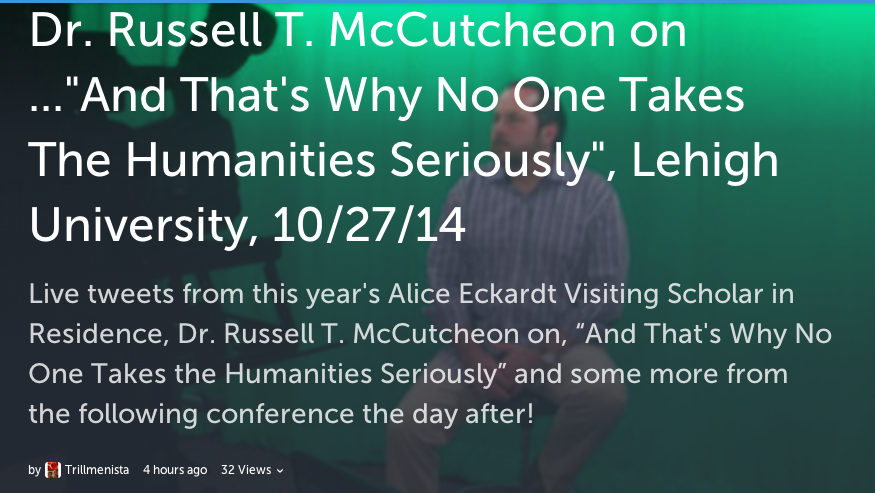
During the last week of October, Culture on the Edge‘s Russell McCutcheon, Monica Miller, and Vaia Touna presented at Lehigh University’s Collaborations: Directions in the Study of Religion. The Edge’s Russell McCutcheon delivered the Plenary address “And That’s Why No One Takes the Humanities Seriously.” The conference included panels on “Tradition,” with a presentation from the Edge’s Vaia Touna, “The Past,” “Identity,” and “Experience,” with a presentation from Monica Miller.
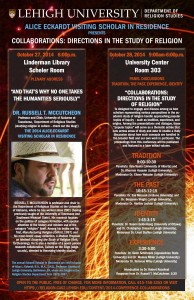
Lehigh University published a few articles on the conference, which can be found here and here. Lehigh’s own De’Anna Monique Daniels (@DeAnnaMonique) made a Storify of the Plenary which can be found here.
While McCutcheon was there, Lehigh also interviewed him regarding his thoughts on the Humanities and the study of religion in the university. Take a look at what he had to say…
Dr. Russell McCutcheon from Lehigh IMRC.
Special thanks to Lehigh University for hosting this conference and passing this along!



 Did you catch this story a few days ago? No…? While you can listen to
Did you catch this story a few days ago? No…? While you can listen to 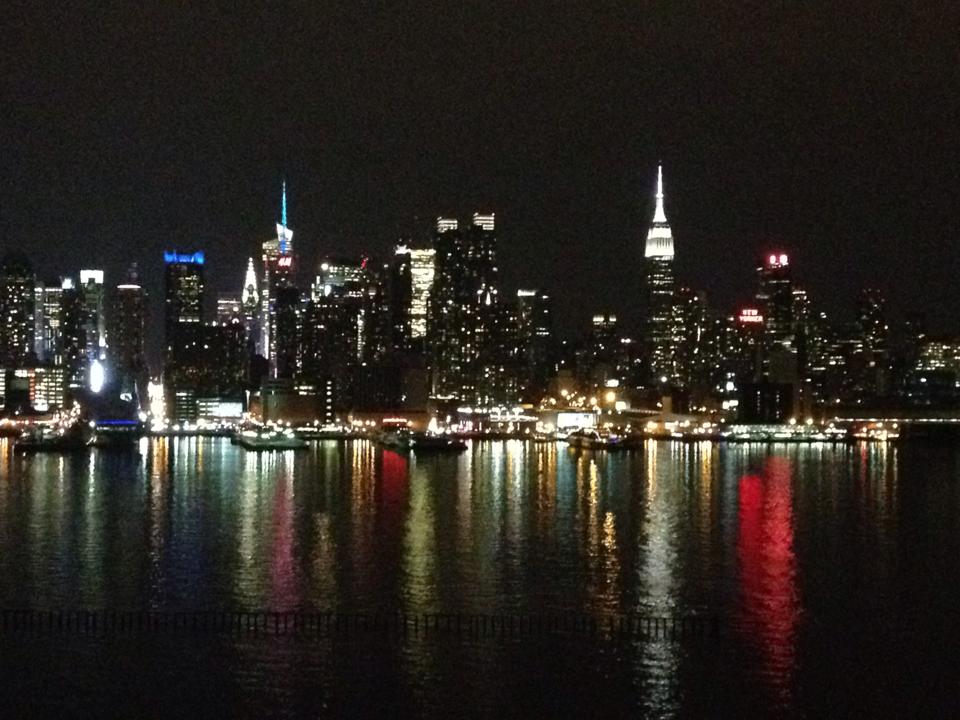 Russell McCutcheon’s
Russell McCutcheon’s 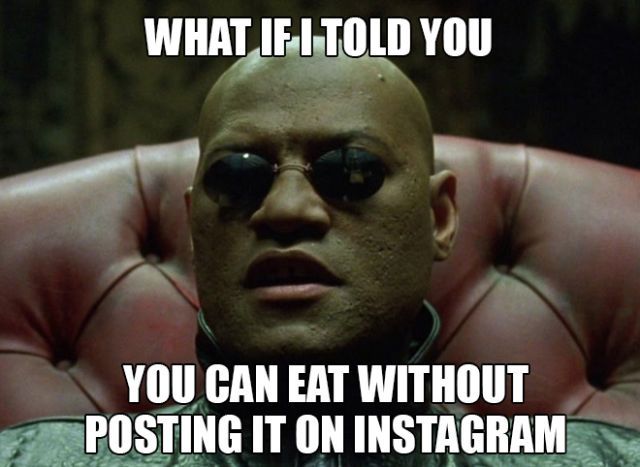 I just read an
I just read an  This got me thinking a little more about the category
This got me thinking a little more about the category 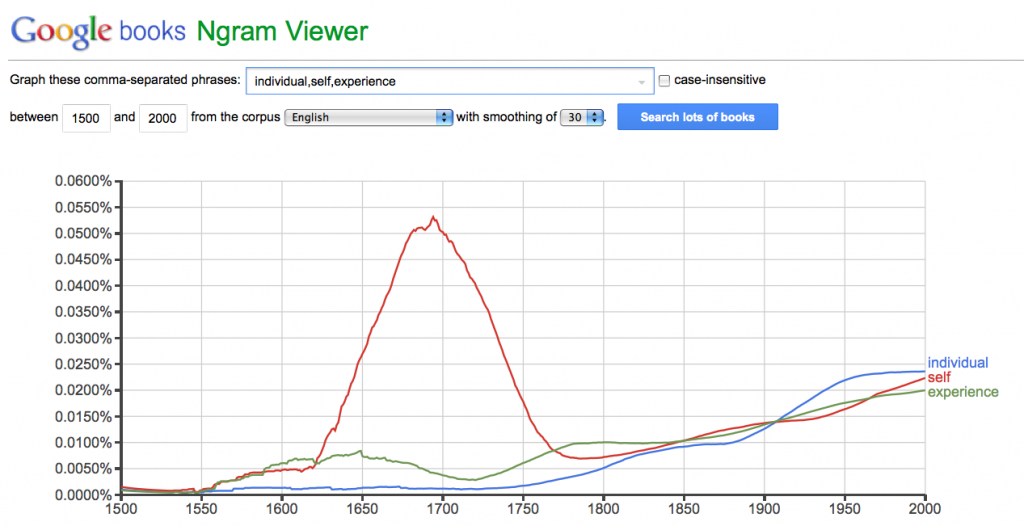 Something interesting took place in the late 18th century; although we were already seeing books on such topics as self-denial, self-ignorance, and self-condemnation, a prior, declining discourse on the self seems to have been re-purposed and successfully connected to two other, equally prior, discourses that had, up until then, been of little consequence: the discourse on the individual and the discourse on experience.
Something interesting took place in the late 18th century; although we were already seeing books on such topics as self-denial, self-ignorance, and self-condemnation, a prior, declining discourse on the self seems to have been re-purposed and successfully connected to two other, equally prior, discourses that had, up until then, been of little consequence: the discourse on the individual and the discourse on experience. 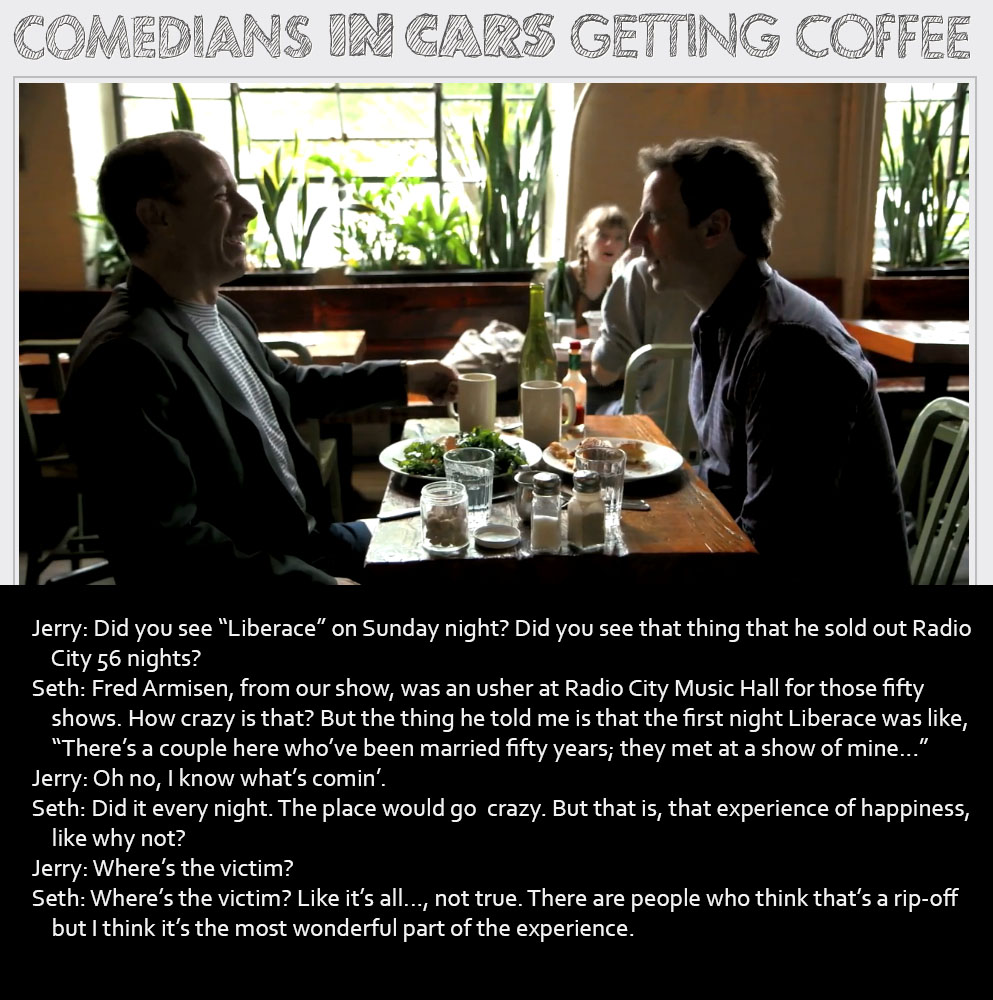 Hear
Hear  The airport in Birmingham, AL, that I fly in and out of, just got a
The airport in Birmingham, AL, that I fly in and out of, just got a  A few years ago, when our main annual conference was held in Toronto, I walked into a
A few years ago, when our main annual conference was held in Toronto, I walked into a